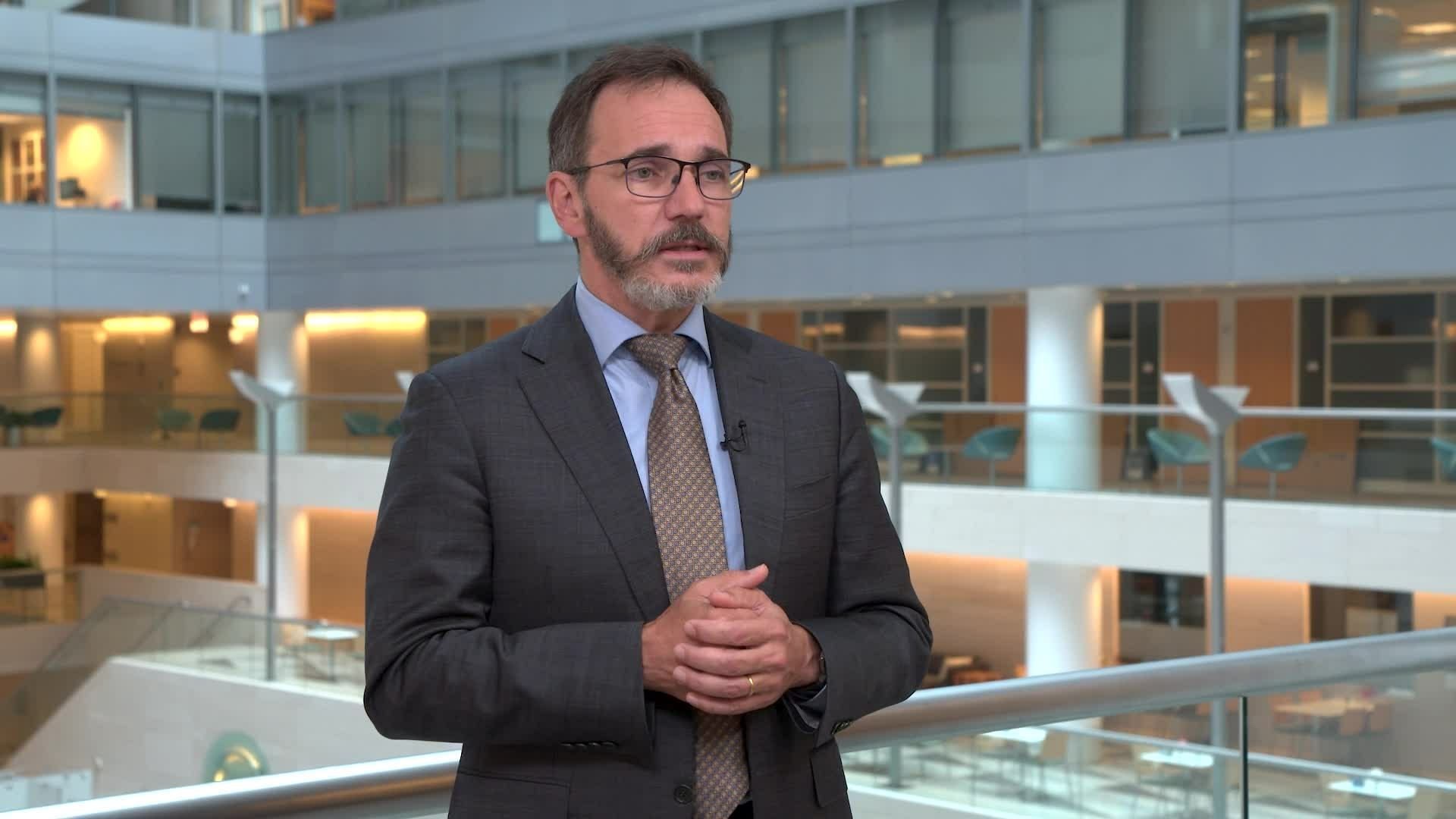The IMF sees global growth slowing this year Pierre-Olivier Gourinchas, head of the Fund’s Research Department said ahead of the launch of the World Economic Outlook (WEO) Tuesday (October 10) in Marrakech, Morocco.
“Global growth is expected to slow to 3% this year and 2.9% in 2024 amid widening divergence. Stronger growth is expected in the US and large emerging markets. Downward revisions for China and the Euro-area,” said the IMF’s Chief Economist.
“Headline inflation continues to recede from 6.8% this year to 5.7% next year. Core inflation, excluding energy and food prices, will also decline, but less so,” Gourinchas said the forecast found.
But fears of widespread recession among the world’s leading economies look to be fading, the quarterly forecast WEO report shows.
“Overall, the likelihood of the soft landing has increased. The widening divergence between countries is driven by three forces. First, the demand for services, which was strong and supporting service-oriented economies, is softening. Second, countries exposure to the energy shock variants. More exposed economies like the Euro-area had a sharper slowdown and experienced stronger inflation. Third, countries are now at different points in their tightening cycle,” explained French economist Gourinchas.
“When many advanced economies central banks are not quite at the peak, others, like Brazil, or Chile, already starting to ease,” said the University of California at Berkely professor.
“Risks are more balanced than last April, but they remain tilted to the downside. The resolution of the US debt ceiling standoff in early June and the containment of banking sector risks earlier last March have decreased severe downside risks. But downside risks still dominate. They now stem mainly from China's growth slowdown due to the stress in the real estate sector. Also on the downside, commodity prices could become more volatile again amid climate and geopolitical shocks financial markets could re-price if greater inflation persists,” warned Gourinchas.
The report offered some advice to central banks looking to maintain growth but also tackle inflation.
“First and foremost, central banks must remain focused on price stability. As countries face increasingly different inflation outlooks, monetary policy must also be calibrated for the country specific speeds of recovery and disinflation. Second, in most countries, fiscal policy needs to rebuild buffers, including by phasing out untargeted subsidies while protecting the vulnerable. This will also help in the fight against inflation. Third, countries need to focus their efforts on reforms that reduce structural impediments to growth, such as increasing labour supply. This will help countries grow faster, facilitate debt reduction and help reduce inflation pressures,” Gourinchas explained.
The WEO report points to the need for countries to push back against divisive forces leading to geoeconomic fragmentation – or the move toward building exclusive trading blocs by putting up barriers to trade and cooperation.
“Finally, multilateral efforts are required to solve global challenges in front of us, including climate risks, food and energy security, trade tensions and geoeconomic fragmentation. For this, we need a robust global financial safety net with a well-resourced IMF.”
A copy of the full report will be available at IMF.org/WEO at 900 am Moroccan time Tuesday October 10.

